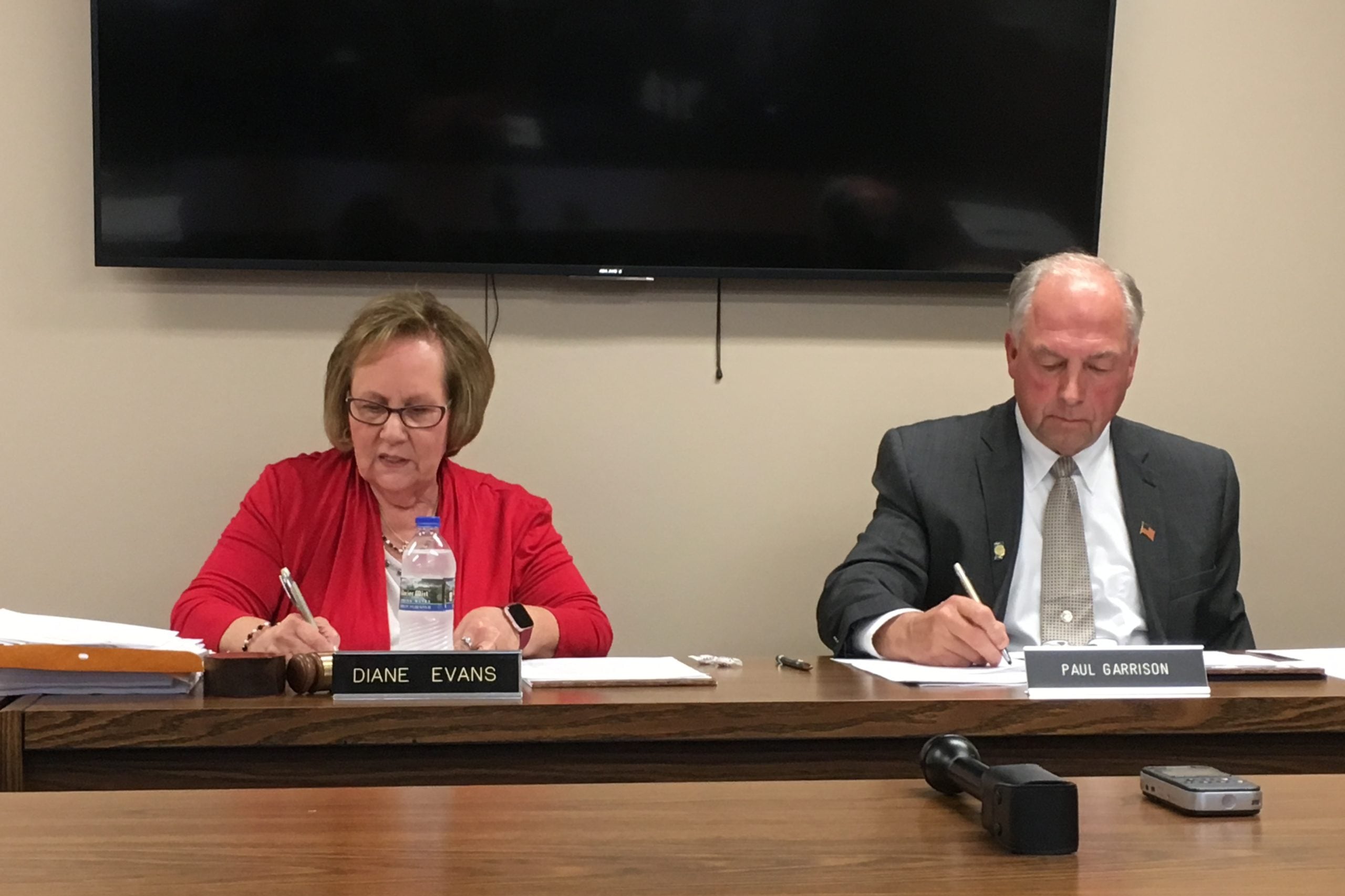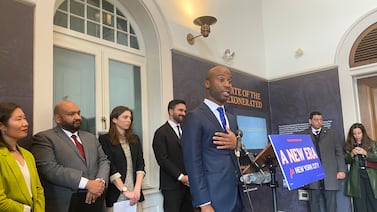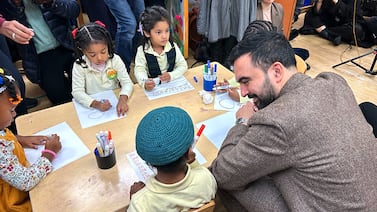Daleville Community Schools is being asked to repay $2.2 million that the state says stems from fraudulent enrollment inflation by two virtual charter schools overseen by the rural district.
In a special report released Friday, state auditors echoed the findings of a Chalkbeat investigation that Daleville failed to hold Indiana Virtual School and Indiana Virtual Pathways Academy to their charter contracts, review the schools’ finances, or press for improvements.
“Daleville’s lack of meaningful oversight and monitoring may have contributed to ineligible students being included [in enrollment reports],” resulting in virtual school officials allegedly defrauding the state of $68 million and sending millions more to their own or related companies, the report said.
In one of the nation’s largest virtual charter school scandals, Indiana Virtual School and Indiana Virtual Pathways Academy were shut down last year after Daleville officials discovered the chronically low-performing schools kept thousands of inactive students on their rolls, bolstering their state funding. The rise and fall of the schools, chronicled through a Chalkbeat investigation, illuminated how many students cycle through virtual schools and the challenges of keeping them on track, pushing lawmakers to tighten regulations.
Earlier this year, state auditors called for the two virtual charter schools to return nearly $86 million in misspent funds. State officials held back about $7 million in funding before the schools closed and are awaiting the results of a federal investigation before taking further action. Officials from the two schools have previously denied wrongdoing.
In a 20-page response, Daleville officials disputed the criticism of its oversight and said they did not believe they needed to repay the state. They questioned whether the State Board of Accounts had conducted a thorough review of thousands of pages of records provided by the district and how auditors identified the $2.2 million amount.
The $2.2 million was among more than $3 million in authorizing fees that Daleville collected from the two schools. Daleville officials contended that the oversight fees were not public funds and instead came through a contractual agreement, even though the schools paid them using their state funding.
In a vigorous defense, Daleville officials reiterated their claims that they had limited access to school data but pushed to obtain records that led them to uncover the wrongdoing and eventually shut down the schools.
The district “provided near constant oversight, monitoring, and feedback to the Charter Schools through almost daily communications and frequent on-site visits throughout its time as Authorizer,” wrote Sara Blevins, an attorney for Daleville schools. “DCS did take a less formal approach to oversight as it found that the daily informal contacts were more conducive to the creation of a relationship of collaboration and innovation to drive the educational mission of the Charter Schools.”
The report acknowledges that Daleville did not have oversight of the enrollment process, but it highlighted how the district did not receive or seek records that could have alerted officials earlier to problems at the schools, such as contracts with education service providers. Nor did the district conduct regular formal performance reviews or follow up on audits showing financial issues, the report said.
“For the records they received,” the report noted, “we saw no evidence of detailed analysis of those records for reasonableness.”
In a statement Friday, district officials said they viewed the report as “vindication of our conduct” and said many shared blame for the virtual charter schools scandal. They noted that the report’s call for repayment is not an obligation, and the district will wait for the courts to decide if it is liable should the state attorney general pursue the funds.
“In hindsight, it is easy to play a game of ‘what ifs’ because we know now what we could not have known then,” Daleville’s statement said. “But this game is not one of real blame or cause for a multi-million dollar punishment (which ultimately will only hurt local taxpayers and innocent students), but rather is an opportunity to learn from the past to make the system better to deter and prevent similar future schemes.”
The report and the district’s response letter were compiled in March, when schools were abruptly closed due to the coronavirus pandemic.






